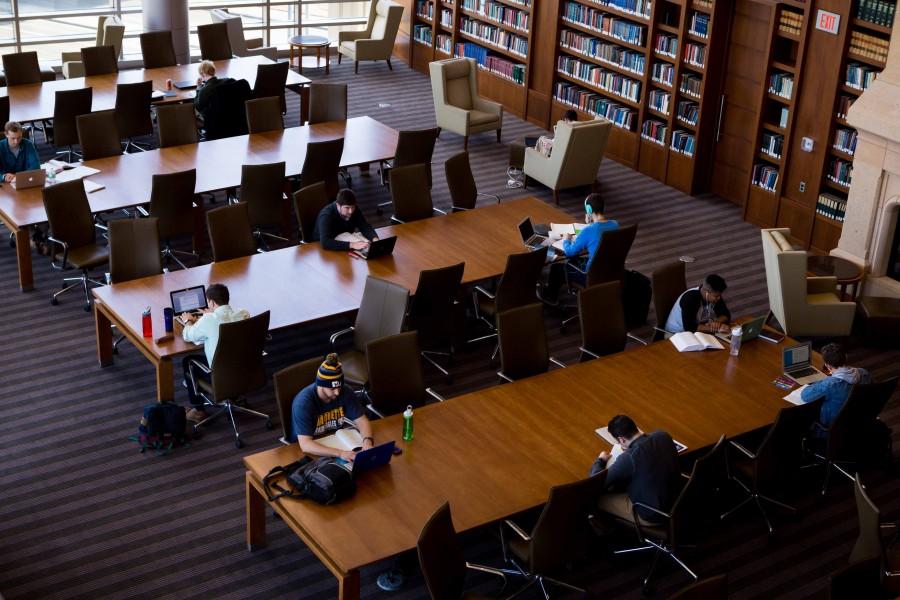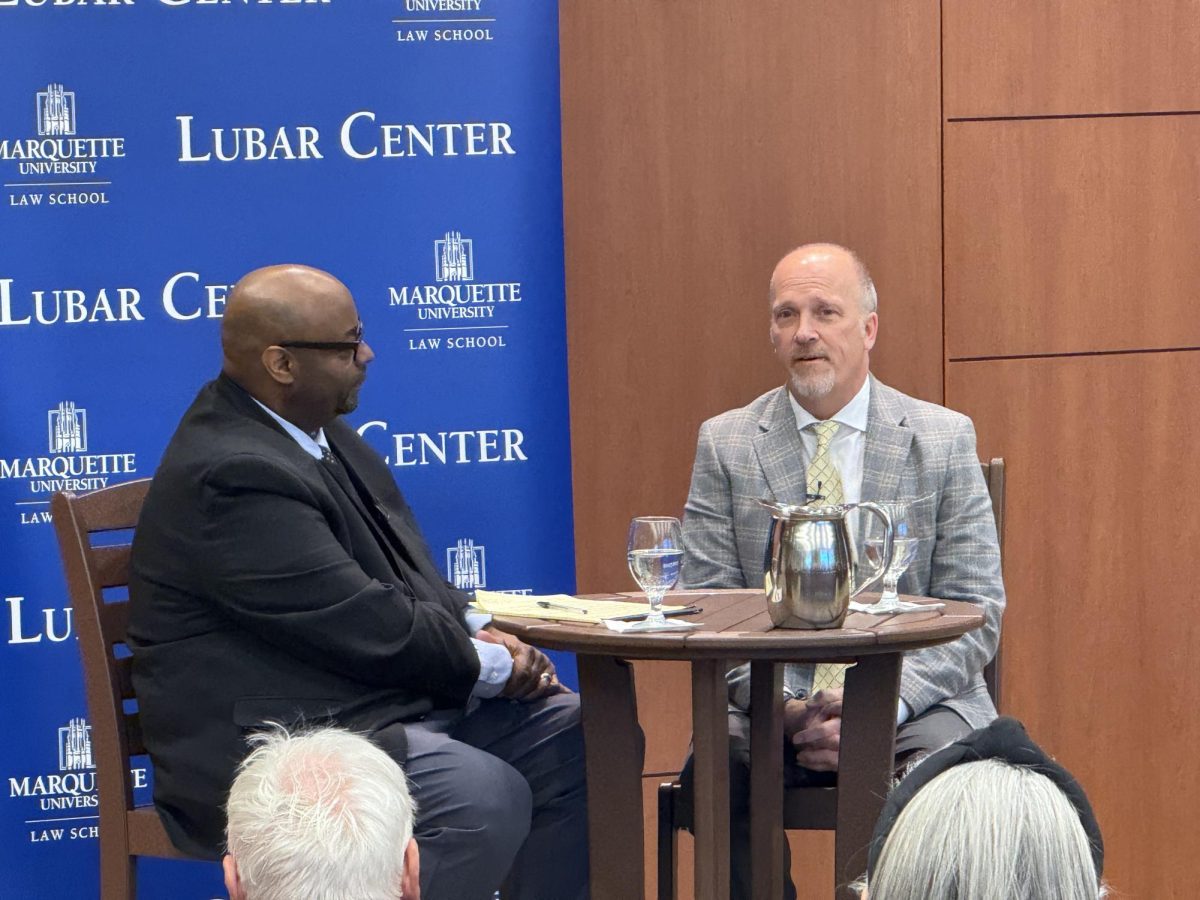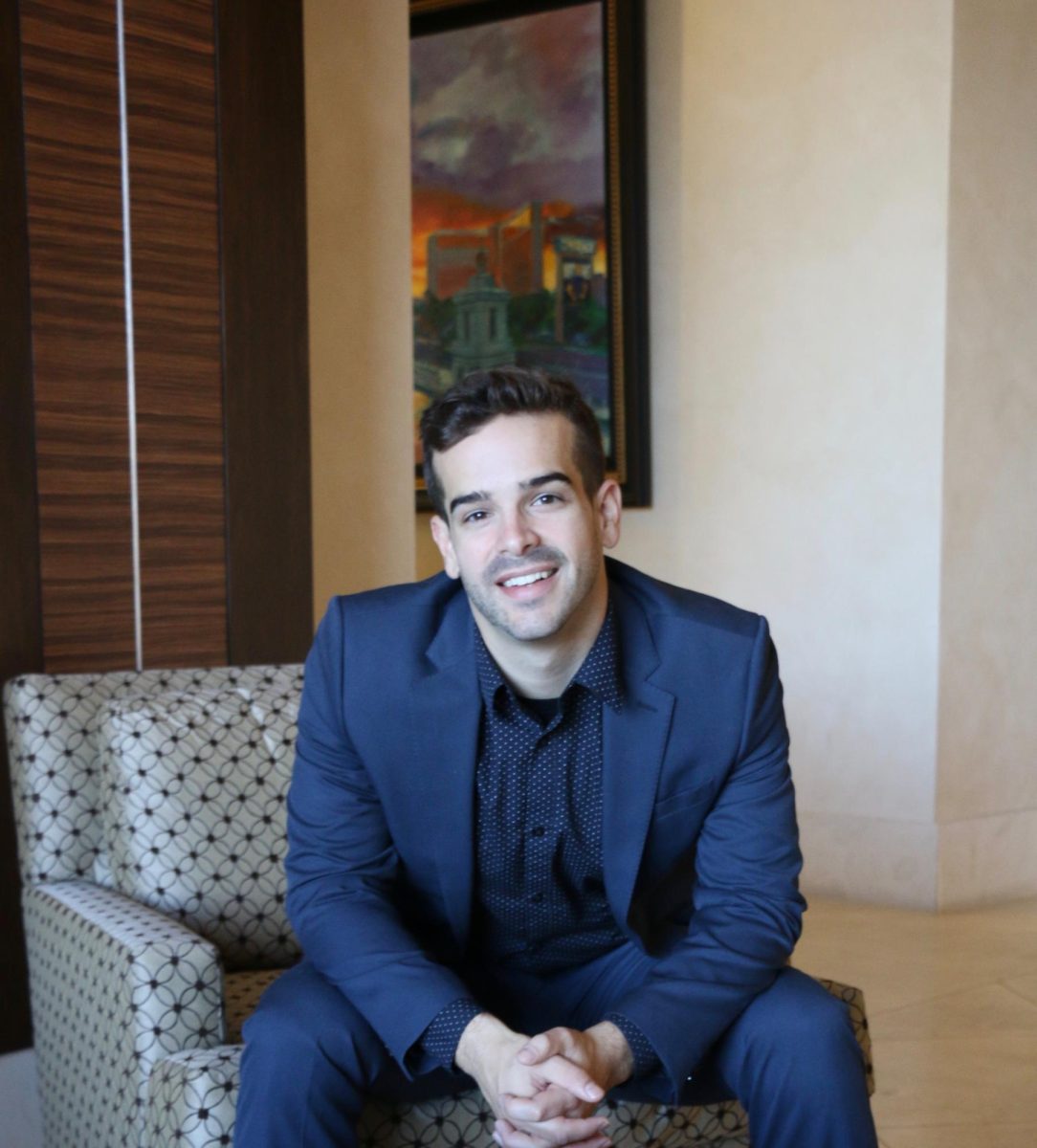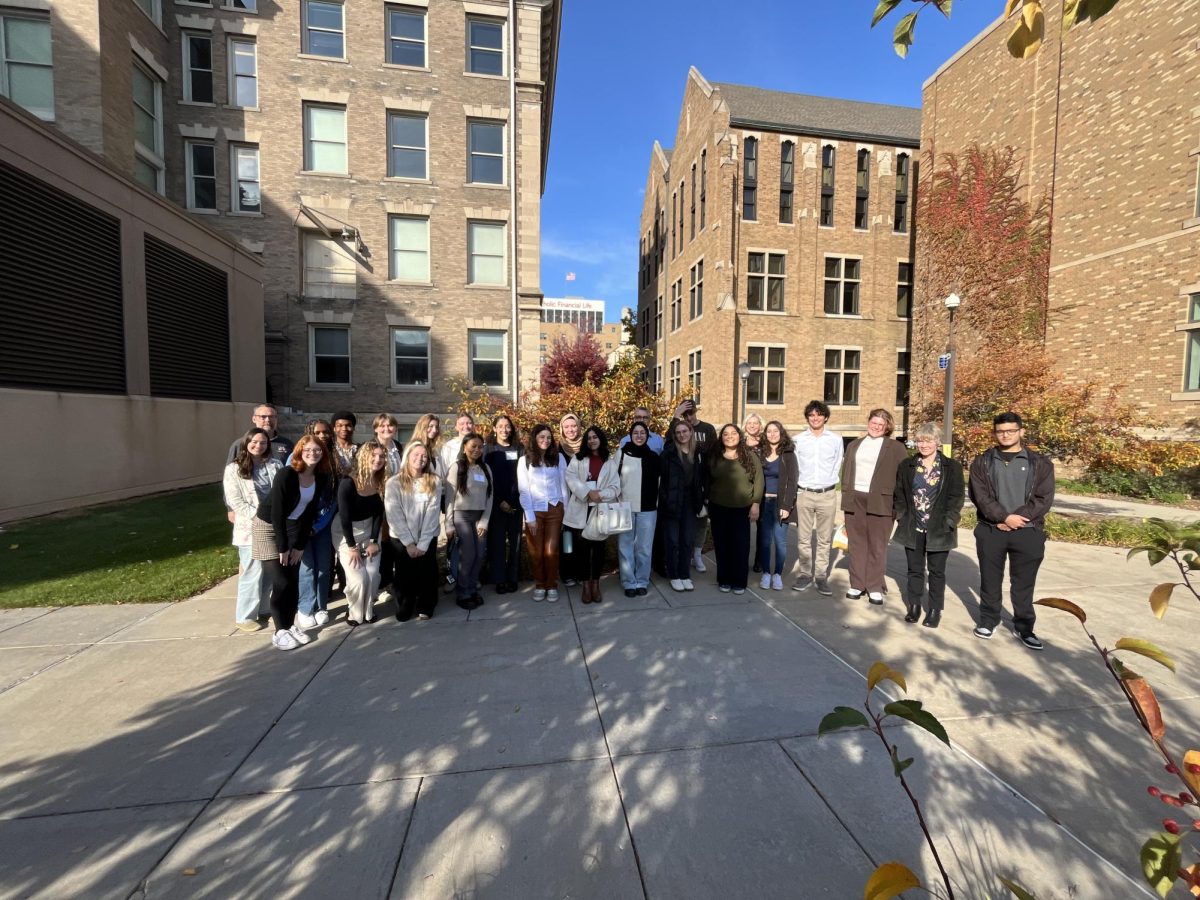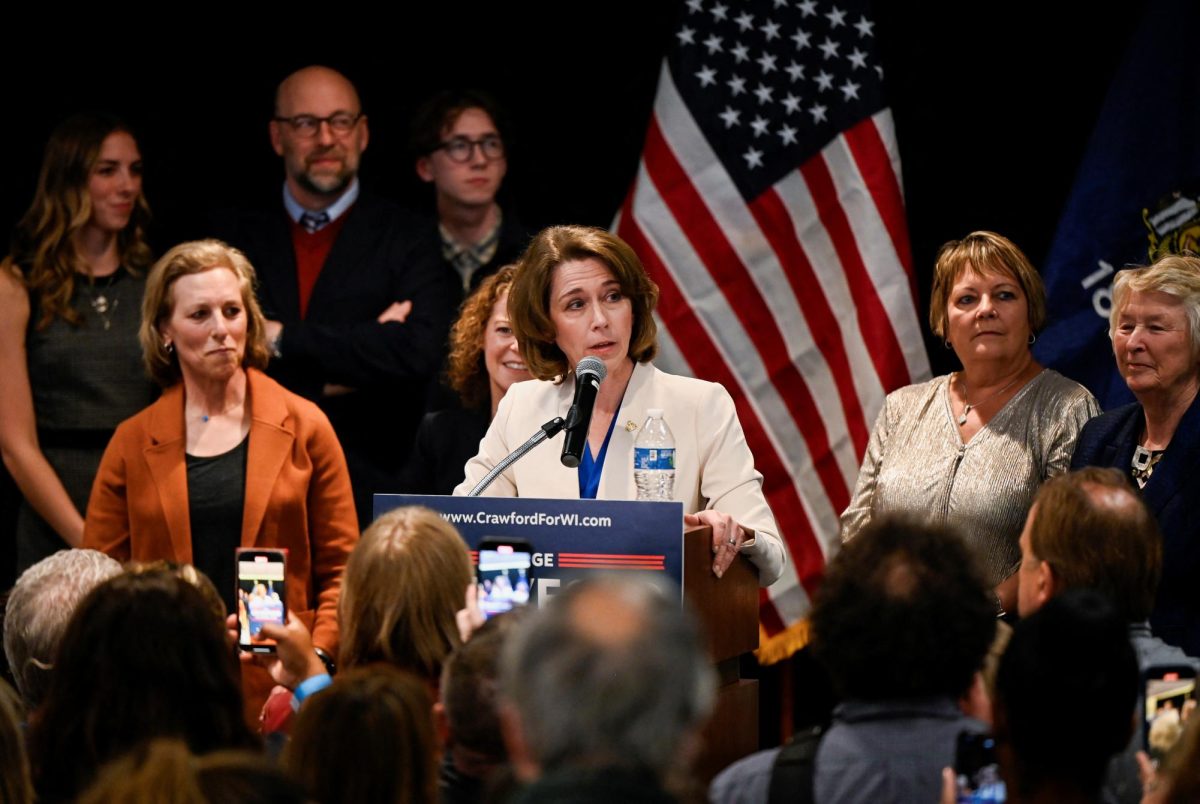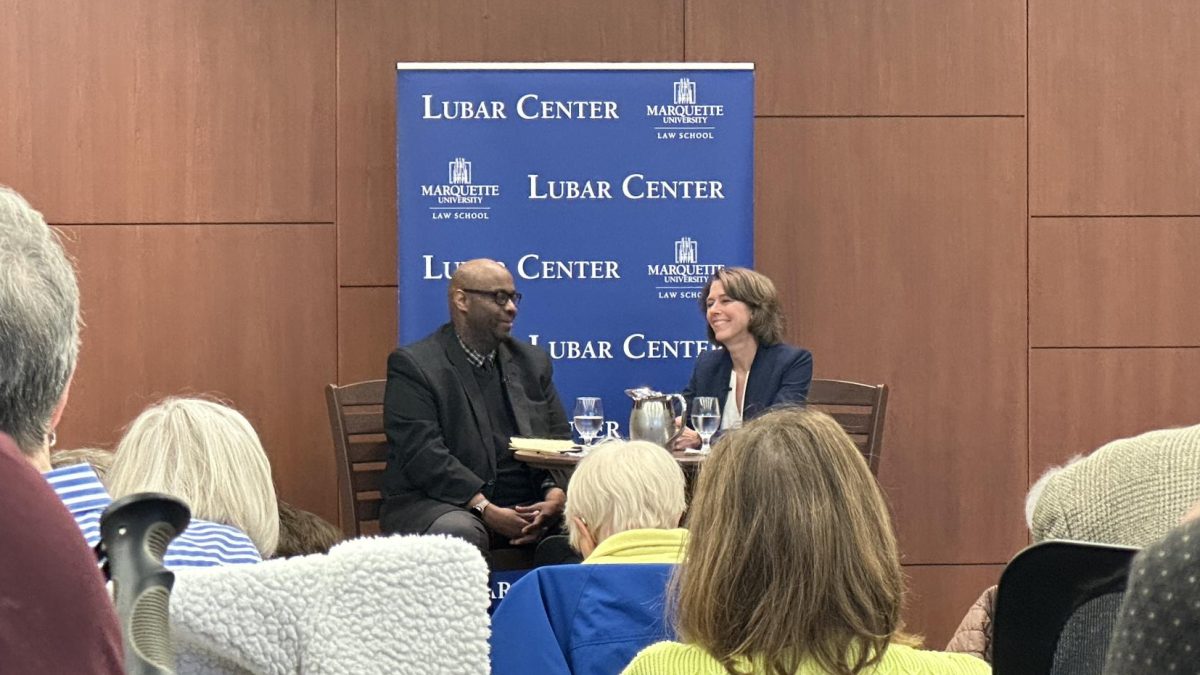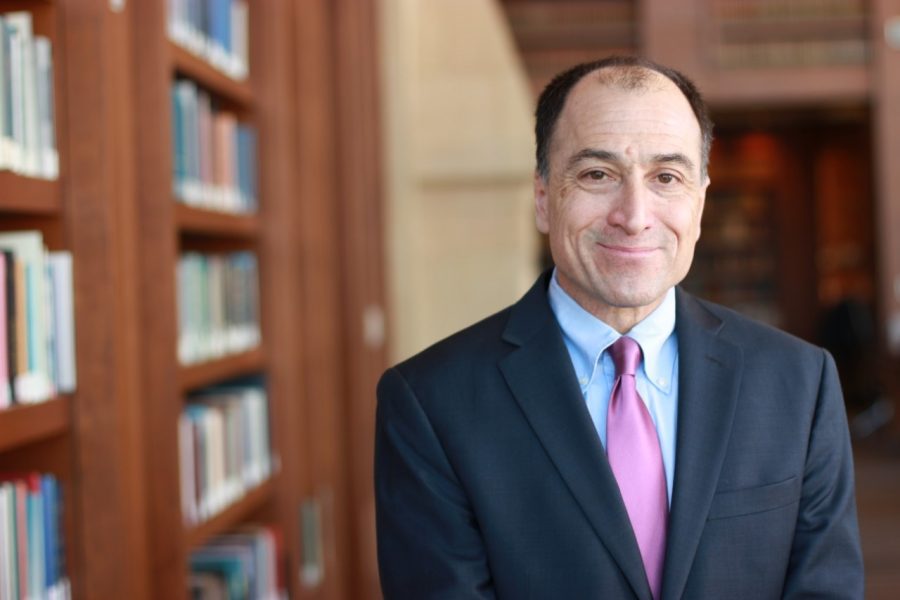A lawsuit revived over the summer contests the right of graduates of Wisconsin law schools — including Marquette — to practice law in the state without taking the bar examination.
The suit was originally filed and dismissed in 2007. After an appeal, 7th U.S. Circuit Court of Appeals Judge Richard Posner ruled in July of this year that the case should not have been dismissed.
The defendants in the case are the Wisconsin Supreme Court and the Wisconsin Board of Bar Examiners. Christopher Wiesmueller, who filed the suit as a third year law student at the Oklahoma City University School of Law, said Wisconsin’s diploma privilege violates the Constitution’s protection of interstate commerce by discriminating against law school graduates from other states.
“The commerce clause has also been interpreted to mean that states can’t discriminate against commerce coming from other states unless Congress approves it,” he said. “Goods and people are supposed to basically flow freely over state lines.”
Wiesmueller, who passed the bar and is now an attorney in Waukesha, said his intent is not to do away with the diploma privilege, but rather to open it up to more students.
But Kenneth Davis, dean of the University of Wisconsin-Madison Law School, said the diploma privilege should only be extended to Wisconsin law school graduates because the state Supreme Court can verify the quality of Wisconsin schools but does not have the ability to monitor all other law schools.
“It’s unrealistic to say that because the Supreme Court is comfortable with two particular schools they can’t [allow the diploma privilege] unless they take on the obligation of monitoring all other law schools in the rest of the country,” Davis said.
The Wisconsin Supreme Court has maintained the diploma privilege because of the belief that a law school degree from a state institution is “at least as reliable a measure of legal competence as passing the two-day bar examination,” said Joseph Kearney, dean of Marquette’s Law School, in an e-mail.
“The Court likely does not have that same confidence with respect to every single other law school in the country: it is less familiar with every other such law school, and there is the additional fact that no other law school teaches Wisconsin law in a way comparable to the law schools in the state,” he said.
Currently, the only other state with a comparable policy is New Hampshire, Kearney said.
The diploma privilege has existed in Wisconsin for more than 125 years, he said.
The suit is set for a trial date in August 2010, Wiesmueller said, though the case may not have to go to trial if it is instead decided on motions. That would happen if both sides of the suit agree on the facts of the dispute and a judge is only needed to make a ruling, he said.
At this point, Wiesmueller said he would settle for a shorter bar exam and one that is offered more frequently. Currently, exams are only offered in July and February in Wisconsin.
A person that passes an exam in July won’t be able to practice law until October, Wiesmueller said, which creates a financial burden for students who have to start paying their student loans six months after graduation.
“I think the diploma privilege is an absolutely wonderful thing and I think that bar exams are incredibly stupid,” Wiesmueller said. “My initial intent was to open the diploma privilege to everyone.”


